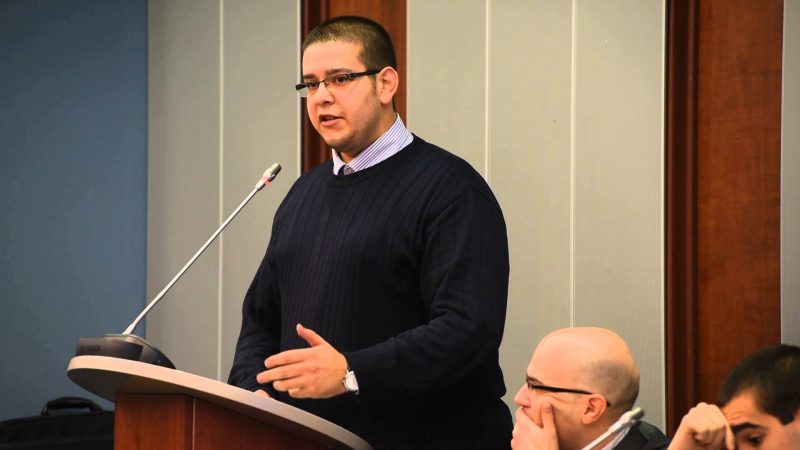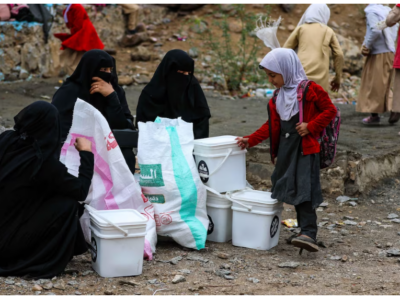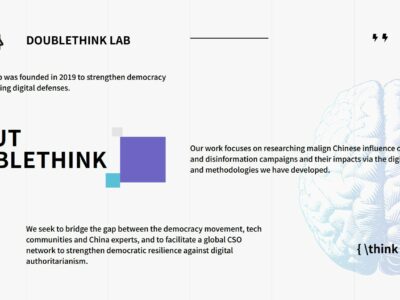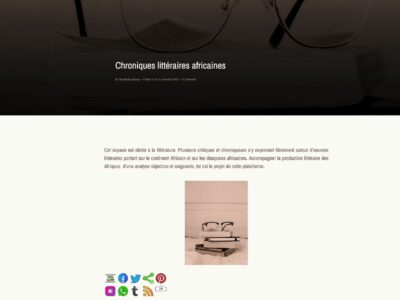
Ruslan Trad, in Model European Union Sofia 2014
Based on Sofia, Bulgaria capital city, Ruslan Trad is currently Global Voices Bulgarian Translation Manager, journalist, and blogger.
Tell us a bit about yourself, how you joined GV and the stages of your involvement within Global Voices
I am Ruslan Trad, freelance analyst, and columnist with a focus on Balkans and the Middle East, currently based in Sofia, Bulgaria. I joined Global Voices many years ago – at the beginning of 2010 after I heard about GV from Jillian York. She told me about the project and soon after I decided to join the contributors. Then, I became co-founder of GV Bulgarian together with Rayna Stamboliyska. Today I continue my contributing to GV main website with postings from Bulgaria mostly, and editing the Bulgarian site.
Did your experience of translating, authoring and editing change your vision of the world during this time?
For sure! This experience is one of most important in my professional and personal life. I met beautiful people, exchanged ideas with them. I also have the opportunity to read what is happening in the world regardless of how mainstream media report it. I think GV is helping the transformation of media atmosphere worldwide and how people view current events. One of the most important roles of GV is giving faces to the stories, personalizing them, telling what people think and for what they are dreaming.
Does your work with GV impact your practice with your job?
Yes, I can assure you. I will tell you an example from today’s project. With some colleagues, we started a media platform in Bulgaria with crowdfunding and engaging the readers in a new way for Bulgarian media. Currently, this project is still under construction, but we already made relations with other colleagues across Balkans, and GV is one of the tools of bringing together people like us. With Filip Stojanovski, for example, we met because of GV and still today we are working together on different topics related to the Balkans.
Other positive from GV is that working with other colleagues showed me the possibilities of volunteering – something in a very early stage in Bulgaria. I learned how to organize myself better and how to make stories better.
Did the social media scene change a lot in your region since, say, 2009?
As journalist and user of all of the most famous social media, I can say yes, 100%. Today this type of media and platforms are part of our daily life, a source of news (fake or not) and they give a chance to many across the world to express their views. We can give examples from the Middle East, Asia, even Balkans and Europe.
You are a blogger, what place does your blogging hold in your daily life?
I will be a blogger for the whole of my life. Thanks to my blog – which was the first Bulgarian blog with a focus on Middle East politics – I had the opportunity to tell more stories and to explain some issues missing in Bulgarian media. Today, I have ten years experience in journalism and reporting from war zones. Still today I continue my blog which I feel like my second, virtual home. I know that if there is a problem with censorship, I can continue freely in my blog. So, this is a good Plan B for journalists and activists.
Today social media gives you different opportunity to express yourself and blogging became something old fashion. But in some parts of the world, blogs are still relevant, and even one of the most popular areas of the mainstream media are actually blogs of the contributors – look at NY Times, for example. Medium is another fresh idea related to blogging.
Could you also elaborate somewhat on how you manage your own time for all these tasks, including your day job? Any tips?
Nothing sabotages your productivity quite like bad habits. Bad habits slow you down, decrease your accuracy, make you less creative, and stifle your performance. Getting control of your bad habits is critical, and not just for productivity's sake.
So, I am trying to manage all of my tasks without continuing some of these bad habits like using the phone in bed, irregular eating, multitasking, responding to e-mails as they arrive, etc. You must respect yourself because it's important. Not only to your personality but also to the success of your work. Activists and journalists have a really different life than others, and sometimes we live by night, sleep by day, juggling with various tasks at the same time. This is entirely wrong, and you must make your own routine. To-do lists, classical. Prioritizing your tasks, having some rest every hour for a few minutes, etc..
Why do you think a man in the street should read GV Bulgarian?
Because Global Voices gives a unique view of events. Without censorship or inserting stuff inside a story. GV is not elitist. GV shows the people, ordinary citizens, and their lives and how they fight for better conditions. This is something unique for GV. So, if you want to understand better some parts of the world, read GV. I read the website almost every three days.
What do you do when you're not translating or in your spare time? Any hobbies? What are your dreams?
Many dreams but hope not every of them will become real. You must have something pushing you forward. Currently, I am working on converting some ideas to reality, related to media and analysis, etc. So, it is a little bit busy these days. I am waiting for my first book to be published – related to Syrian civil war. Hoping to write another one shortly.
In all the time you have been collaborating with GV, what is your most memorable experience?
One of the most interesting experiences is working on recruiting a strong GV Bulgarian team, as I want to spread GV message to more readers. Another memorable experience is working on the story of militants on the border between Bulgaria and Turkey – exposing these nationalist groups aiming to stop refugees.
Give me an example of your average day.
A little bit boring for many people. It starts with coffee with milk, then looking at the tasks of the day. Following that, I meet with people, contacts, and other colleagues. Besides, I watch the news for the whole day; checking facts, stories. I follow channels of radical groups, people's movement, so this is my work 24/7.
Before sleep, reading a book is really important, so I turn off all devices and read till I sleep.
How do you see GV progressing over the next few years?
The stories became more and more professional, and mainstream media often cite GV. GV will be more visible and have an opportunity to help changing media landscape and the way of how media report news stories. Possible analysis-type posts will increase because GV has a big pool of activists and journalists – who are very active in their countries and they can explain what is happening in a better way.
How do you pick posts to translate, and, in fact, why did you choose to volunteer this way?
I think this is a question of personality, not only professionalism. I mean, I pick stories not reported in Bulgarian media. Stories with a social perspective, stories with impact and good examples. Stories which can help civil society. And because of all of these reasons, I think volunteering is the best way of delivering them because you do not expect any pay. It comes from you because you believe in the cause you are helping.
Tell us about the city you live in and how would you describe your country to a foreigner?
Currently, I live in Sofia, the capital of Bulgaria. An old city – one of the oldest in Europe. The city is becoming more popular every year, and I hope it becomes a hub for different activities. Unfortunately, because of corrupt politics, the city and Bulgaria were neglected which led to the decline in popularity as a destination. But in the last few years, the situation is changing. I think because of political stability Sofia can be an HQ for international media, organizing conferences, etc.
It is hard to explain one country to foreigners. What I can do is invite people to Bulgaria and to check for themselves without stereotypes. Don’t follow guides – only your what you would like and want to see. If you want to see something bad – that's what you will get.
Finally, describe yourself and how you see the world.
I am an inquisitive man and a traveler in the whole sense of the word. I love to explore new worlds – even if we are speaking of reading fantasy. Yes, I am a big fan of Tolkien, for example.
The abstract way of thinking is significant for personal and professional development. I am asking questions – everywhere and about everything. Asking “why” is important to understand the world around you.



